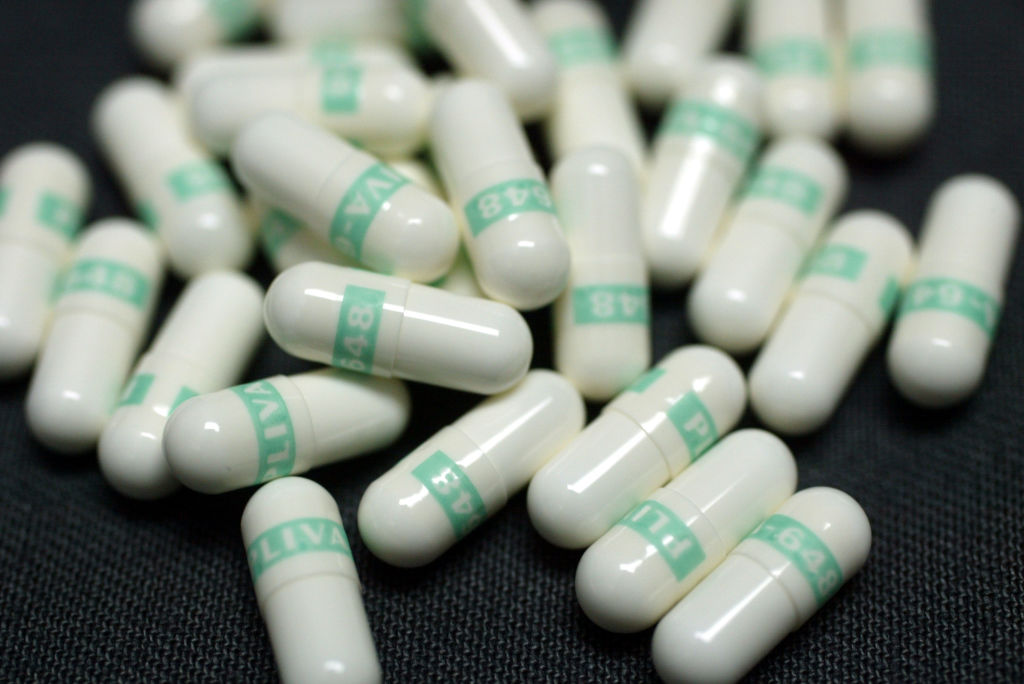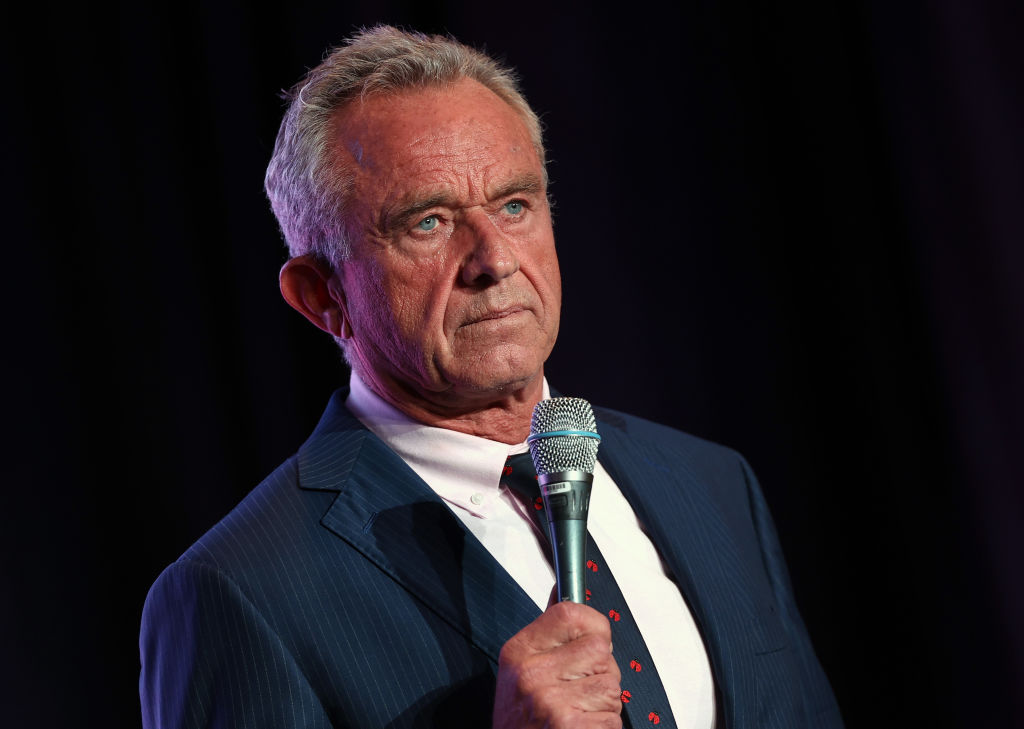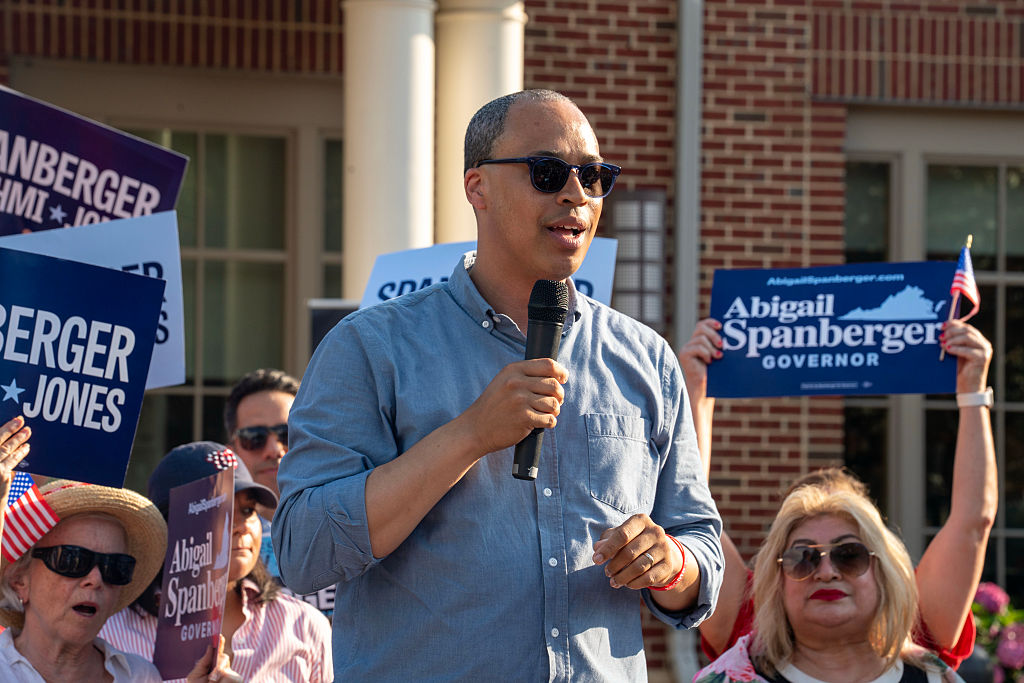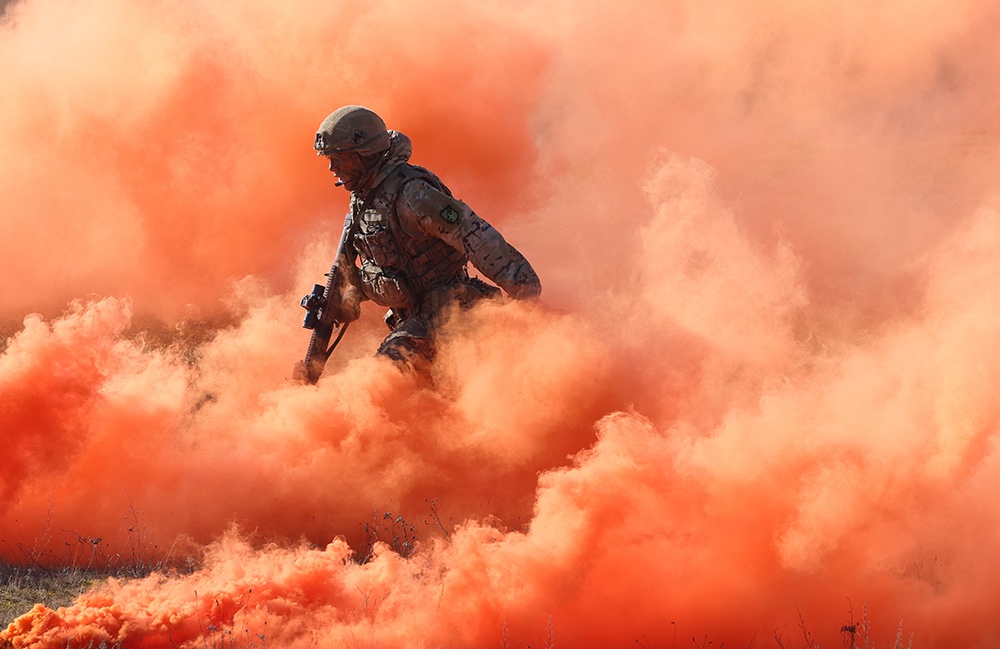On April 20, 1999, Eric Harris and Dylan Klebold entered Columbine High School in Colorado, armed to the teeth, and set about murdering their fellow classmates and teachers. When the shooting was over, 12 children and one teacher lay dead. Harris and Klebold were dead, too, and 20 others were wounded.
Within a little over a week of the atrocity, there was already speculation that psychotropic drugs might have been a factor, specifically the powerful and relatively new antidepressant Luvox (fluvoxamine), which Harris was known to have been taking.
Fluvoxamine is a selective serotonin reuptake inhibitor (SSRI), a class of antidepressant medication that was first trialed in the 1970s and then brought to market in the US in the late 1980s. The first commercially available SSRI in the US was Prozac (fluoxetine), which began being prescribed in 1988. Fluvoxamine was approved and introduced to the US market in 1994. By the end of the following year, more than ten million patients worldwide were taking it.
School shootings are the product of a society that is profoundly sick
On April 29, 1999, the New York Times reported, under the headline “Terror in Littleton,” that Harris had been rejected by the US Marines, just five days before the massacre, for taking Luvox. The Times noted that “patients taking Luvox are warned that if combined with other drugs, including alcohol, the drug can cause extreme agitation progressing to delirium, coma and death. The package insert also carries a warning about suicide.”
There was some speculation that Harris had tried to go cold turkey after being rejected by the Marines, and that this might have contributed, somehow, to the day’s bloody events. While officials said neither of the killers had drugs or alcohol in their system at time of death, the coroner refused to specify whether they had been tested for antidepressants, including Luvox.
Columbine launched a wave of nationwide soul-searching on a range of issues from gun control to goth culture – but the role of mind-altering substances in mass killings has never been properly examined. It became a polarizing issue: a question of left versus right. The political left didn’t think we should be investigating the role of antidepressants at all.
But with the right in power, things might have changed. Robert F. Kennedy Jr., the new head of Health and Human Services, has been in the job just a few months, but there are already the beginnings of a Republican movement for an inquiry into SSRIs and their possible role in violent attacks. In Tennessee, a law was passed earlier this year mandating a full drug screening for anybody who kills four or more people. The law established by the HB-1349/SB-1146 bill will require a detailed toxicology report to be made available to the public.
“The law isn’t just about Tennessee,” said Sheila Matthews, co-founder of advocacy group AbleChild, which helped draft the bill. “It’s a blueprint for dismantling the wall of secrecy protecting industries that profit from ignorance. When someone commits mass murder, the public has a right to know if mind-altering drugs played a role.”
Skeptics on the other side of the political aisle usually point to a 2019 study, “The Myth of School Shooters and Psychotropic Medication,” published in the journal Behavioral Sciences and the Law.
In truth, data is lacking. But there’s plenty of reason to believe antidepressants, and SSRIs in particular, might be linked to outbursts of violent behavior. For example, a Swedish study from 2020 which involved more than three-quarters of a million people showed a clear link between SSRI use and violent crime, especially in 15- to 34-year-olds. The risk was elevated even up to 12 weeks after discontinuation of the drugs. The FDA’s adverse-event reporting system shows that SSRIs are consistently associated with violence among adults.
For many on the left, though, the “right wing” concern about antidepressants and mass killings is simply explained away as a smokescreen, an attempt to divert attention from the real issue, which is guns. But removing guns doesn’t disappear violence.
The “smokescreen” argument was used by Tennessee state representative James Carter during the debate over HB-1349/SB-1146. It was also claimed, by another Democratic lawmaker, that toxicology screening might somehow violate the rights of the dead killer to privacy in death, which is an objection I don’t think anybody had ever seriously considered before – with good reason.
Behind it all – behind the contention and the arguments – stand the drug companies and the money and power they accrue from the ever-increasing medicalization of society. Between 2015 and 2018, 13.2 percent of American adults reported taking antidepressants in the previous 30 days. Almost a quarter of all American women aged 60 and over take them. We’re talking about tens of millions of people – at least 25 million – on antidepressants in the US alone. And the rate of prescription is rising, of course.
Yet for the millions of prescriptions and billions of dollars in revenue, studies often continue to show that antidepressants are barely more effective at improving mood than placebo. Exercise can do at least as much, if not more, to relieve the symptoms of depression. What measurable improvement antidepressants bring is so small some researchers doubt it even exists. It may simply be a margin of error.
Almost 40 years after SSRIs were first introduced to the market, there’s no conclusive evidence that the serotonin theory of depression is even true. The assumption behind the creation of the drugs in the first place, that imbalances of serotonin in the brain cause depression, has never been proven. It doesn’t need to be, because a drug’s mechanism of action – how it works – doesn’t have to be established before it’s licensed for use. School shootings are the product of a society that is profoundly sick.
But America has been taking her medicine scrupulously for decades. Instead of making her better, it might well be making everything far worse.
This article was originally published in The Spectator’s July 2025 World edition.


























Leave a Reply